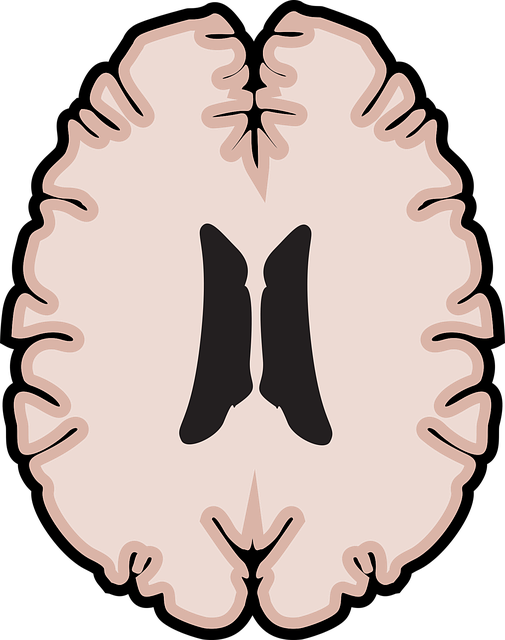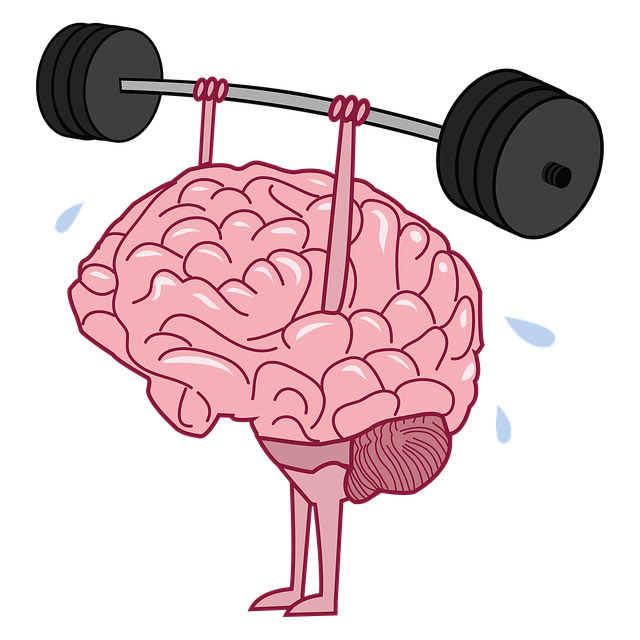Denver First Responders Therapy (DFRT) is an specialized program catering to police officers, firefighters, and emergency medical services personnel, addressing the unique emotional challenges of their high-stress work. By offering evidence-based techniques like self-awareness exercises, DFRT helps build resilience and maintain work-life balance, preventing burnout. Incorporating key components like trauma-informed care, EMDR, CBT, risk management, stigma reduction, and burnout prevention, effective programs ensure compassionate long-term care for first responders. Denver's diverse communities benefit from tailored support systems like DFRT, fostering resilience and enhancing overall well-being through anxiety relief, conflict resolution, and inner strength development.
“In the realm of trauma care, Denver First Responders Therapy (DFRT) stands as a specialized and game-changing approach. This article explores how DFRT meets the critical need for effective trauma support services. We delve into the unique challenges faced by first responders and individuals affected by traumatic events, highlighting the key components of successful therapy programs.
From building accessible support systems to providing comprehensive resources, we examine strategies that empower healing. Additionally, we focus on training and resources tailored for first responders, emphasizing the importance of specialized care in addressing the psychological scars left by trauma.”
- Understanding Denver First Responders Therapy: A Specialized Approach
- Identifying the Need for Trauma Support Services
- Key Components of Effective Trauma Therapy Programs
- Building an Accessible and Comprehensive Support System
- Training and Resources for First Responders: Empowering Healing
Understanding Denver First Responders Therapy: A Specialized Approach

Denver First Responders Therapy (DFRT) is a specialized approach designed to cater to the unique needs of first responders—police officers, firefighters, and emergency medical services personnel. This therapy recognizes the profound impact that their work can have on their emotional well-being. DFRT focuses on providing a safe space for these individuals to process trauma and develop coping skills essential for managing the psychological demands of their professions.
Through evidence-based techniques, such as self-awareness exercises and emotional well-being promotion strategies, DFRT helps first responders develop resilience and maintain balance in their lives. The program understands that these professionals often face complex and high-stress situations regularly, which can lead to a range of mental health challenges. Therefore, it offers tailored support to help them navigate through these issues and foster a healthier work-life integration.
Identifying the Need for Trauma Support Services

In many communities, the need for trauma support services is often a hidden crisis, buried beneath the surface of everyday life. Denver First Responders Therapy highlights this pressing issue by addressing the unique challenges faced by individuals who have experienced trauma, especially those in high-risk professions like emergency services. Trauma can manifest in various ways—from acute incidents to chronic stress—and its impact on mental wellness is profound. Effective support systems are crucial for fostering resilience and promoting healing.
Understanding the demand for specialized therapy requires a deeper look at the current landscape of mental health education programs design and Mental Health Policy Analysis and Advocacy. By recognizing gaps in existing services, communities can drive positive change. Denver First Responders Therapy serves as a beacon, offering tailored interventions to cater to the specific needs of those who have witnessed or experienced traumatic events, ensuring better access to care and improved overall mental health outcomes.
Key Components of Effective Trauma Therapy Programs

Effective trauma therapy programs share several key components that contribute to positive outcomes for clients. Firstly, a comprehensive Denver First Responders Therapy approach acknowledges the unique needs of first responder communities and tailors support services accordingly. This includes specialized training for therapists in trauma-informed care, ensuring a deep understanding of the specific challenges faced by these individuals. Secondly, integrating evidence-based therapeutic modalities, such as Eye Movement Desensitization and Reprocessing (EMDR) or Cognitive Behavioral Therapy (CBT), has proven effective in helping clients process traumatic memories and develop healthy coping mechanisms.
Additionally, successful trauma therapy programs prioritize risk management planning for mental health professionals to ensure a safe and supportive environment. This involves implementing robust supervision structures, clear protocol for managing crisis situations, and regular debriefing sessions for both therapists and clients. Furthermore, engaging in public awareness campaigns development can help reduce the stigma associated with seeking trauma support, encouraging more first responders to access available services. Lastly, prioritizing burnout prevention strategies for healthcare providers is essential to maintaining a healthy workforce capable of providing consistent and compassionate care over the long term.
Building an Accessible and Comprehensive Support System

Creating an inclusive and comprehensive support system for trauma victims is paramount, especially in urban areas like Denver where diverse communities face unique challenges. Organizations such as Denver First Responders Therapy play a vital role in this regard, offering specialized services tailored to first responders and individuals affected by traumatic events.
By providing accessible resources, these initiatives ensure that those struggling with anxiety relief, conflict resolution techniques, or inner strength development can receive the necessary help without barriers. This holistic approach addresses not just the symptoms but also empowers individuals to rebuild their lives post-trauma, fostering resilience within communities and enabling a more supportive environment for everyone.
Training and Resources for First Responders: Empowering Healing

Denver first responders face unique challenges on a daily basis, demanding high levels of physical and emotional resilience. To effectively support individuals in these crucial roles, specialized training and resources for trauma support are essential. Programs designed specifically for first responders focus on cultivating self-awareness exercises to help them process the intense emotions that arise from their work. Through these programs, professionals learn healthy coping skills development to manage stress, anxiety relief, and prevent burnout.
By investing in such initiatives, communities empower first responders to prioritize their own well-being while they continue to serve and protect others. This not only enhances their ability to respond effectively but also ensures that they have the tools needed to navigate the emotional toll of their jobs, fostering a healthier and more sustainable career in Denver first responder therapy.
Denver First Responders Therapy demonstrates a specialized and essential approach in addressing the unique needs of first responders who experience trauma. By identifying the critical demand for such support services, implementing key components of effective therapy programs, and fostering an accessible system, we can empower healing among our brave individuals. Training and resources tailored to first responders play a pivotal role in revolutionizing care, ensuring they have the tools needed to navigate and overcome traumatic experiences.












